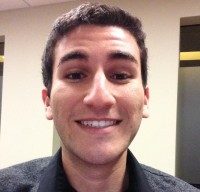Cynical Yet? A Med Student One Year Later
I used to work as an anesthesia tech at a hospital in Austin, TX. I was surprised the first time a doctor asked me, his incredulous tone dripping with disbelief, “Why would you want to want to go to medical school?” It wasn’t the last time that happened, it wasn’t exactly making me excited to go to school, and it wasn’t a flattering reflection of the doctors that said it, but physician cynicism about the future of health care wasn’t something new to me, either. People fear change, but I think people’s perceptions about impending change are shaped just as much by their perceptions of themselves, especially the interacting dynamics between themselves and their evolving environment.

